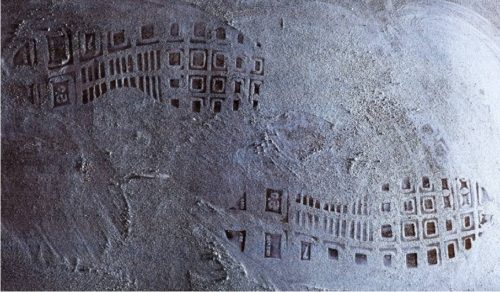Antibiotic-resistant bacteria, known as “superbugs,” pose a major public health threat. Some officials have even warned of a post-antibiotic — and sicker — era. To better understand the problem, researchers have been piecing together its contributing factors. Now in the ACS journal Environmental Science & Technology, scientists report for the first time a link between antimicrobial substances such as triclosan in indoor dust and levels of antibiotic-resistance genes, which can transfer from one bacterial cell to another.
The overuse of antibiotics in both humans and livestock has largely been blamed for the rise in drug resistance. The ubiquity of antimicrobials in hand soaps, cosmetics and other personal care products that ultimately rinse down the drain and into wastewater has also contributed. Erica Hartmann and colleagues wanted to see whether their presence in indoor dust might play a role, too.
The researchers analyzed dust samples from an indoor athletic and educational facility and found six links between antimicrobial chemicals and antibiotic-resistance genes in microbes. For instance, dust samples with higher amounts of triclosan also had higher levels of a gene that’s been implicated in bacterial resistance to multiple drugs. Although the median concentration of triclosan in indoor dust was small — much lower than amounts used in toothpaste, for example — the researchers say their findings demonstrate the need to further investigate the role of antimicrobials in dust in the rise of antibiotic resistance.
If our reporting has informed or inspired you, please consider making a donation. Every contribution, no matter the size, empowers us to continue delivering accurate, engaging, and trustworthy science and medical news. Independent journalism requires time, effort, and resources—your support ensures we can keep uncovering the stories that matter most to you.
Join us in making knowledge accessible and impactful. Thank you for standing with us!

